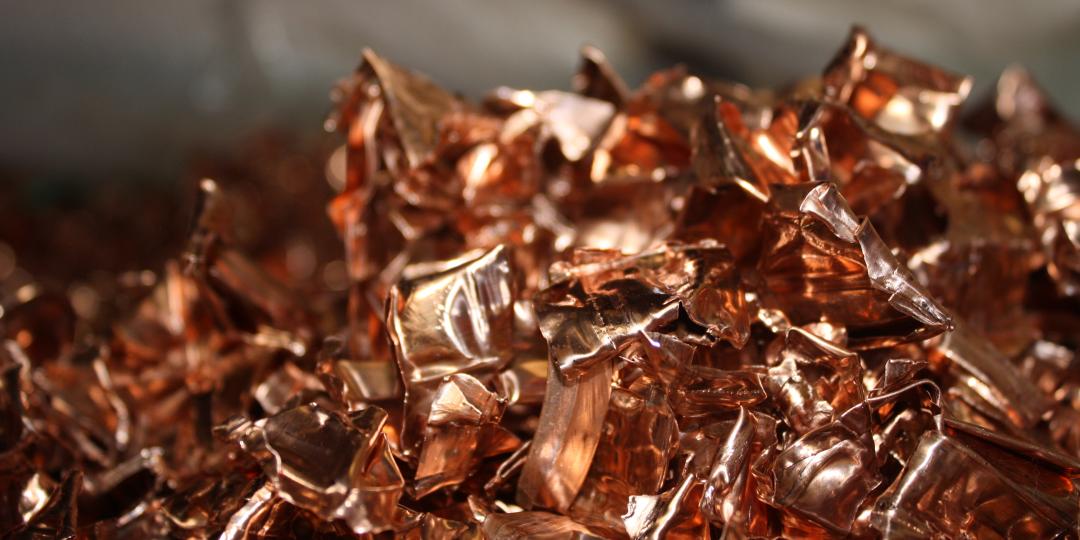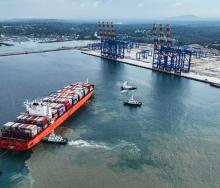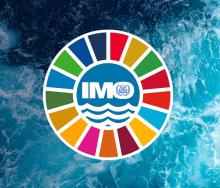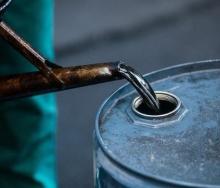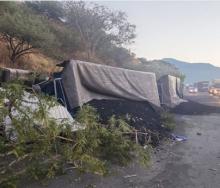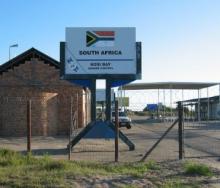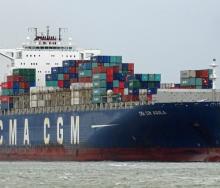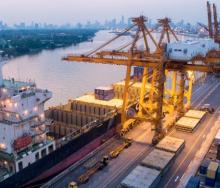Two South African firms have announced plans to build a new copper sulphate plant that will beneficiate recycled subsea telecommunication cables into high-purity copper sulphate for export across sub-Saharan Africa.
Thakadu Resources and Mertech Marine announced on Thursday that the firms had agreed to a joint venture to beneficiate copper recycled from subsea telecommunication cables and to establish a new high-purity copper sulphate plant in Gqeberha, formerly Port Elizabeth.
The firms said in a joint statement that the new plant would be equally funded by the JV partners and would provide a “unique, reliable and responsible” supply of copper sulphate for the mining, agricultural and chemical industries in sub-Saharan Africa.
Thakadu CEO, Ruli Diseko, said that apart from developing a local beneficiation business, the project could open doors for further recycling ventures.
“This partnership immediately creates a vertically integrated recycling and beneficiation business in South Africa. The copper sulphate project is exciting but so are the prospects for further collaboration in battery recycling given our networks and expertise,” says Diseko.
Thakadu plans to build and operate the new plant within Mertech Marine’s existing recycling facility in Gqeberha. The plant will have the capacity to produce 5 200mt of high-purity copper sulphate a year. Commercial production is expected to commence in 2024, subject to the firm obtaining all the necessary regulatory approvals.
Alwyn du Plessis, chief executive of Mertech Marine, which recovers and recycles telecommunication cables from the seabed, believes the venture will unlock value through further beneficiation opportunities.
“With the formation of this joint venture we will unlock value from our metal pipeline by taking full advantage of our synergies through actively contributing to the circular economy. The successful development of this project with Thakadu will enable more exciting possibilities like the production of copper foil for battery anodes.”
The businesses said in the statement that they viewed the copper sulphate plant as the first of a series of projects to catalyse their complementary capabilities in the green economy.
